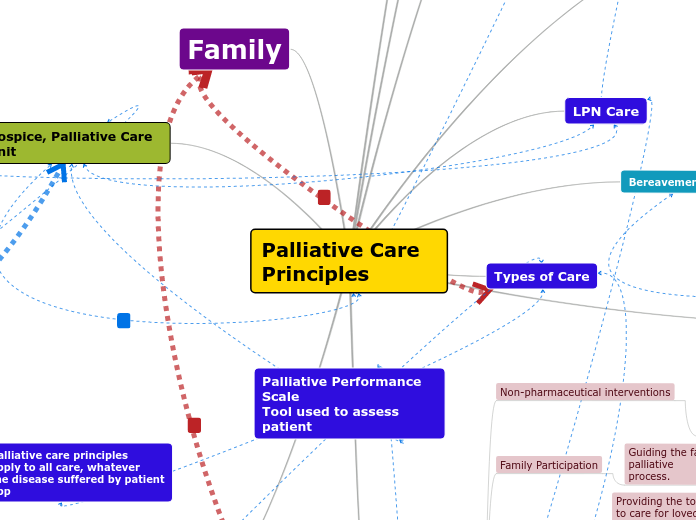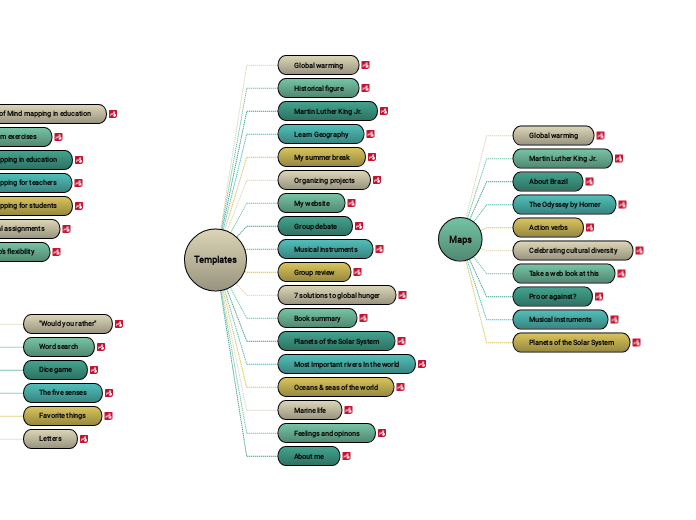da Hana Reed mancano 4 anni
409
Physics Timeline
Dmitri Mendeleev, a prominent figure in the field of chemistry, was born on February 8, 1834. Raised in a family that valued both religion and education, Mendeleev overcame significant personal and financial challenges, including his father'









